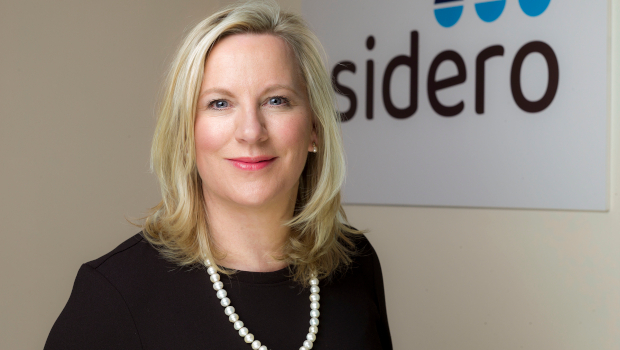
Quarter of organisations aim to become carbon neutral by 2030
More than a quarter of organisations in Ireland (27%) have set targets to become carbon neutral by 2030 according to the latest TechBeat survey carried out in association with Sidero.
The survey of 111 IT decision-makers across the island of Ireland revealed that environmental considerations play a significant role in business decisions for 44% of respondents, while a third said the same about purchasing decisions. Some 35% of those surveyed have made changes to their supply chain to become a more sustainable organisation.
However, the research found that a significant proportion (19%) of tech leaders do not view sustainability as a priority right now, with 14% saying the road to sustainability is too costly. And, while sustainability is playing an increasing role in business decisions, a significant 42% of those surveyed admitted that they are yet to measure their business’s carbon emissions. An additional 10% have measured their business’s environmental footprint but haven’t acted on it.
The survey also provided insights into how technology is being viewed as an enabler of more sustainable business practices. Almost a third (31%) of those surveyed will begin, or increase, their usage of sustainable technologies in the next 12 months. These include technologies that are more energy efficient, reduce harmful emissions, or streamline business processes to decrease their strain on resources.
The findings are published in Sidero’s new report Head Above The Clouds. Increasingly, organisations are using the cloud as a means to reduce the carbon footprint of their IT strategy. The research found that, in the next 12 months, Irish enterprises intend to invest an average of €883,000 in cloud and digital technologies and the majority (80%) expect their business to move more applications or workloads to the cloud. Organisations also plan to begin or increase their usage of digital transformation (67%), automation (47%), cloud native applications (46%), AI (31%), and machine learning (26%).
Despite the mass movement towards the cloud, almost a fifth (19%) of organisations say their cloud strategy is outdated or limiting their business. Nearly half (48%) of IT leaders believe their digital transformation strategy is just adequate or a work in progress, while only 18% feel their organisation’s strategy is enabling business success.
Of the 46.3% who said they do not currently operate in a multicloud environment, 32% said they plan to switch within the next three years, and 21% said they would move within the next year. The remaining 47% said they have no plans to make the switch. When asked what the biggest challenge to moving to a multicloud environment is, 64% said it is the added complexity, 59% said it is the security concern, and 45% said they lack the IT skills to manage it.
The survey also shone a light on how the ongoing IT skills shortage has impacted organisations. It found that 42% of IT leaders believe they are not scaling at the pace they want. Nearly a third said their lack of in-house technical skills means they cannot digitise their services quickly enough. To bridge the gap, 59% hire contractors as needed, and 57% outsource support from external partners in Ireland, while 41% have increased spend to train their existing staff.
Beyond the capital
Meanwhile, 62% of IT leaders strongly believe that there needs to be more investment outside Dublin to enable technology companies to invest and locate there. Two-thirds of respondents agreed that the Irish housing market is putting people off from working in their organisation.
The survey also found that 51% of IT leaders believe there is a disparity between female representation and female leadership in the Irish tech industry, and 69% believe childcare costs and availability are preventing skilled people from entering/rejoining the IT industry. To encourage more female students towards careers in STEM, 83% said that businesses should collaborate more with collages and schools.
“Sustainability is a business imperative,” said Carmel Owens, CEO, Sidero. “Organisations are facing increasing calls to examine their environmental impact; not only from government and other industry stakeholders, but from their own customers and employees. It’s encouraging to see that a growing number of businesses in Ireland are taking this call seriously by setting carbon neutrality goals and leading by example. However, with a significant one-in-five IT leaders saying sustainability is not a priority for them right now, businesses must work to ensure they have buy-in (and budgets) across the board to ensure success.
“The necessity to become more sustainable comes at a time when businesses are pushing to become increasingly digitalised. These goals do not need to be mutually exclusive and our research shows that technology can support sustainability targets. Cloud, in particular, is now being used by organisations to reduce their emissions as it provides them with greater efficiency than alternative on-site solutions. In addition, it is enabling businesses to quickly scale up and down their operations, expand virtually into new markets and innovate at speed. Given these benefits, there is no doubt that the future of work is in the cloud, and the businesses embracing this will be the ones to succeed in the digital and hybrid workplace.”
TechCentral Reporters






Subscribers 0
Fans 0
Followers 0
Followers